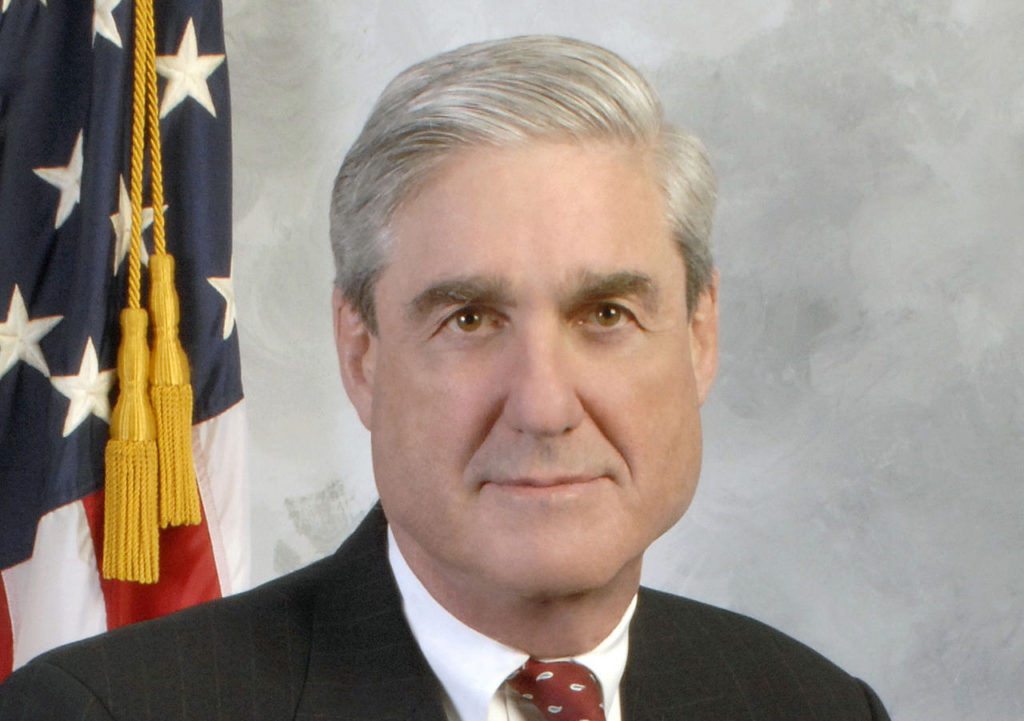Senate prepares to formally protect Robert Mueller. Here’s what comes next.

The Senate Judiciary Committee is holding a hearing on two pieces of legislation aimed at preventing Donald Trump from firing Special Counsel Robert Mueller (link). This is about to set a series of events in motion which will impact the investigation going forward, and ultimately the fate of Trump himself. Here’s what comes next.
Here’s what we know thus far: after the Senate Judiciary hearings, chairman Chuck Grassley will have to decide whether to put it up for a vote. Because the legislation was authored by Republican Senators to begin with, it’s likely that Grassley will allow the vote to happen. The committee has a Republican majority of two votes. GOP Senator Thom Tillis will vote “yes” for his own legislation. That means just one more Republican has to vote “yes” for it to get past committee. Even if Grassley puts it up for a vote and then votes “no” himself, it will still pass, because other members like Lindsey Graham, and/or Jeff Flake will almost certainly vote “yes.”
Here’s what will happen next: assuming the measure makes it out of committee, it’ll be put to a full Senate vote. In such case just three Republican Senators would have to vote “yes” along with all of the Democrats for it to pass. This is nearly a given. From there, the legislation would make its way to the House, where its prospects are bit less certain. Somewhere around twenty House Republicans, or around one-tenth of them, would have to vote in favor of it.
Here’s what would happen after that: Donald Trump would find himself in the surreal position of having to sign or veto a bill which would take away his own ability to fire Robert Mueller. If he vetoed it, he would face widespread political pushback from both parties and the general public. The public outcry could prompt more Republicans to vote “yes” in an attempted veto override. If Trump has to swallow the bill, he’s stuck with Mueller, and his presidency is effectively doomed.
